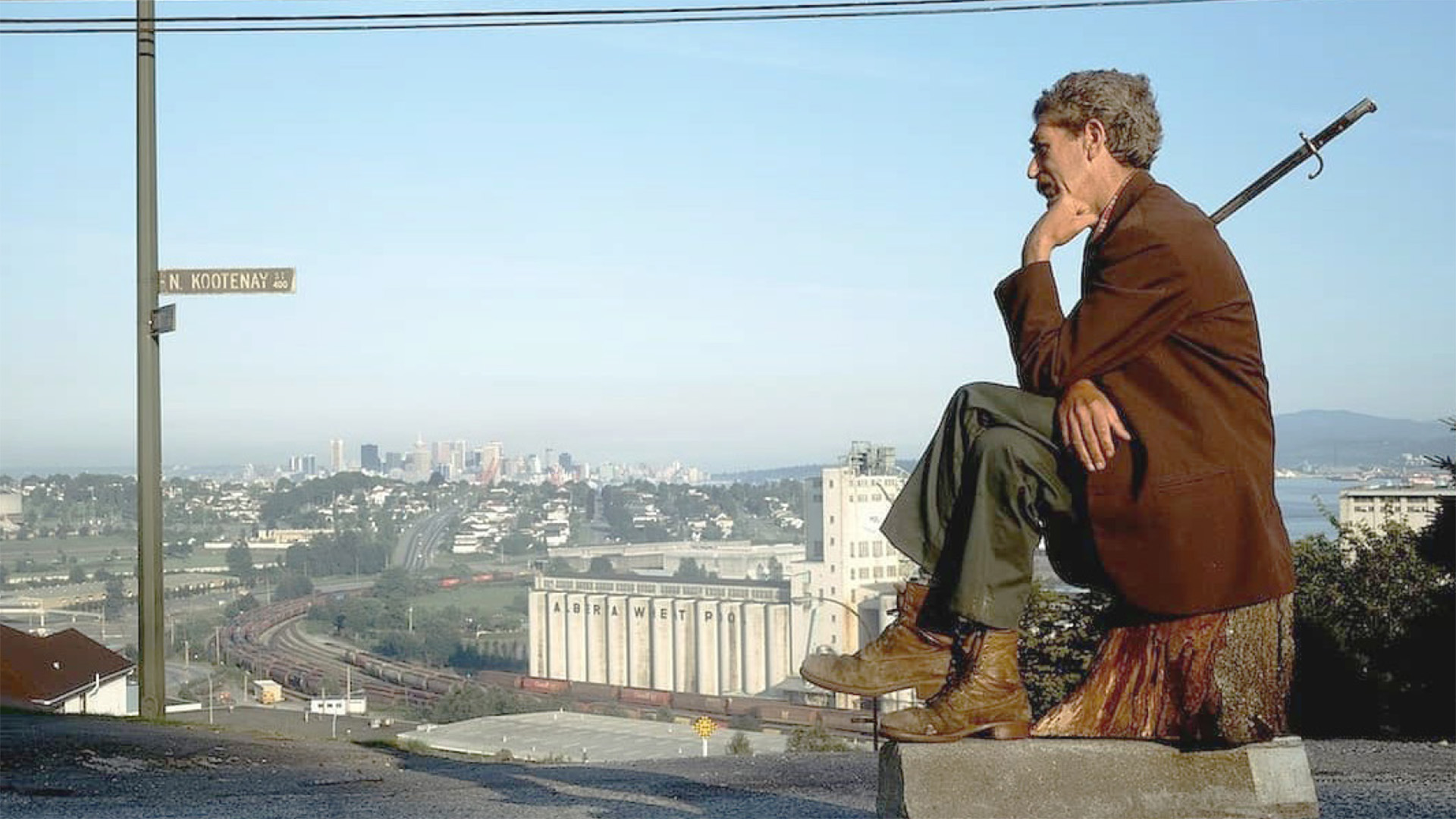
Modulverantwortung: Oliver Dufner
Lehrteam: Oliver Dufner, Caroline Ting, Marcel Bächtiger
Assistant: Andrew Mackintosh
The issue of the forms and conditions of urban living is one of the central themes in architecture and has therefore strongly shaped our built envi- ronment for centuries. Regardless of whether we associate with housing social, cultural or economic parameters, the resulting architecture is always also an expression of a social concept that provides information about the way people live together. In particular, the question of how individuals see themselves as part of a collective or isolate themselves from their environment characterizes residential designs at all scales, from urban planning to the design of the individual flats.
We are interested in this phenomenon because of the current challenges
in Switzerland posed by population growth and the debate about forms of future coexistence. What are the requirements for social, ecological and economic sustainability of the transformed or newly constructed buildings or neighbourhoods? How do the actors negotiate these needs among themselves and how are these needs translated into architecture? Due to the immediate tasks to be solved, one tends to regard the topic described here as a question arising for the first time, forgetting that the history of architecture has repeatedly been confronted with similar problems and has demonstrated a high degree of resilience in solving them. A look at the history of housing and the constantly renegotiated relationship between individuality and collectivity reveals an astonishing range of different ide- als and approaches to solutions. These we wish to examine more closely by reading texts and analysing buildings and designs.
By reading historical and current texts and through lectures and workshop dis- cussions – as well as the viewing, analysis and discussion of selected examples from the last fifteen years – we will explore a critical and differentiated approach to the problem. The in-depth work on a self-selected aspect of the topic serves to elaborate and formulate one‘s own position.
Events
Opening event
Tue 19 September 2023
Final critique with guests
Tue 16 and Wed 17 January 2024